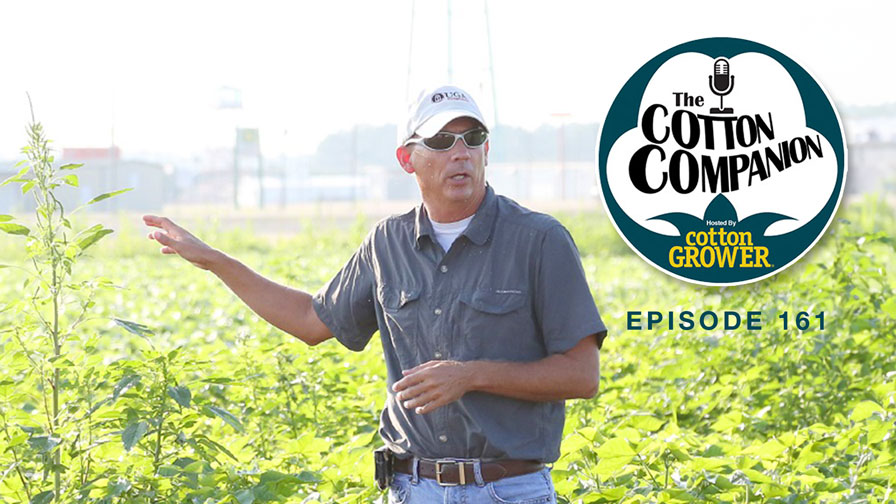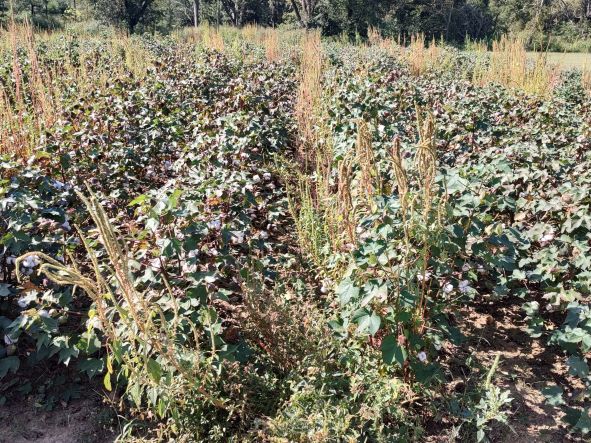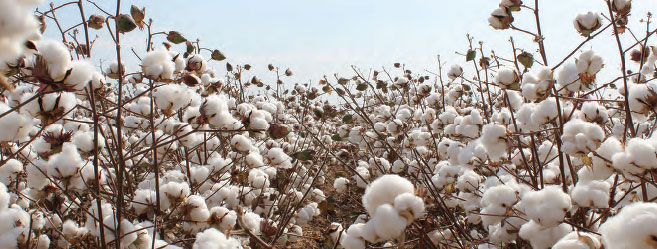U.S. Trade Preference Program Would Benefit Pakistan Cotton
According to a report from Reuters, the United States has renewed its commitment to a four-year-old promise by former President George W. Bush to create a trade preference program for Pakistan.
Senior Representatives of the Governments of the United States and Pakistan met at the Office of the U.S. Trade Representative in Washington this past week for the fourth meeting of the United States-Pakistan Trade and Investment Council, under the U.S.-Pakistan Trade and Investment Agreement (TIFA) that was signed in 2003.
“We reaffirmed our commitment to support Pakistan through market access initiatives. Both sides agreed to work together and with the U.S. Congress to move ROZ (Reconstruction Opportunity Zone) legislation forward so that we realize the key priority of creating legitimate and productive jobs in areas vulnerable to the influence of violent extremism,” the two countries said in a joint statement.
According to Reuters, “the program is aimed at creating jobs in Pakistan and Afghanistan by providing duty-free access to the United States for certain goods made in approved zones within the two countries. Pakistan’s biggest export to the United States is cotton clothing and household goods. That category accounted for $2.4 billion of its total exports of $3.2 billion to the United States last year. ”
The program still must be approved by the U.S. Congress, which is expected to review all U.S. trade preference programs this year. Many lawmakers from textile states strongly oppose cutting the remaining U.S. textile tariffs, Reuters notes.








